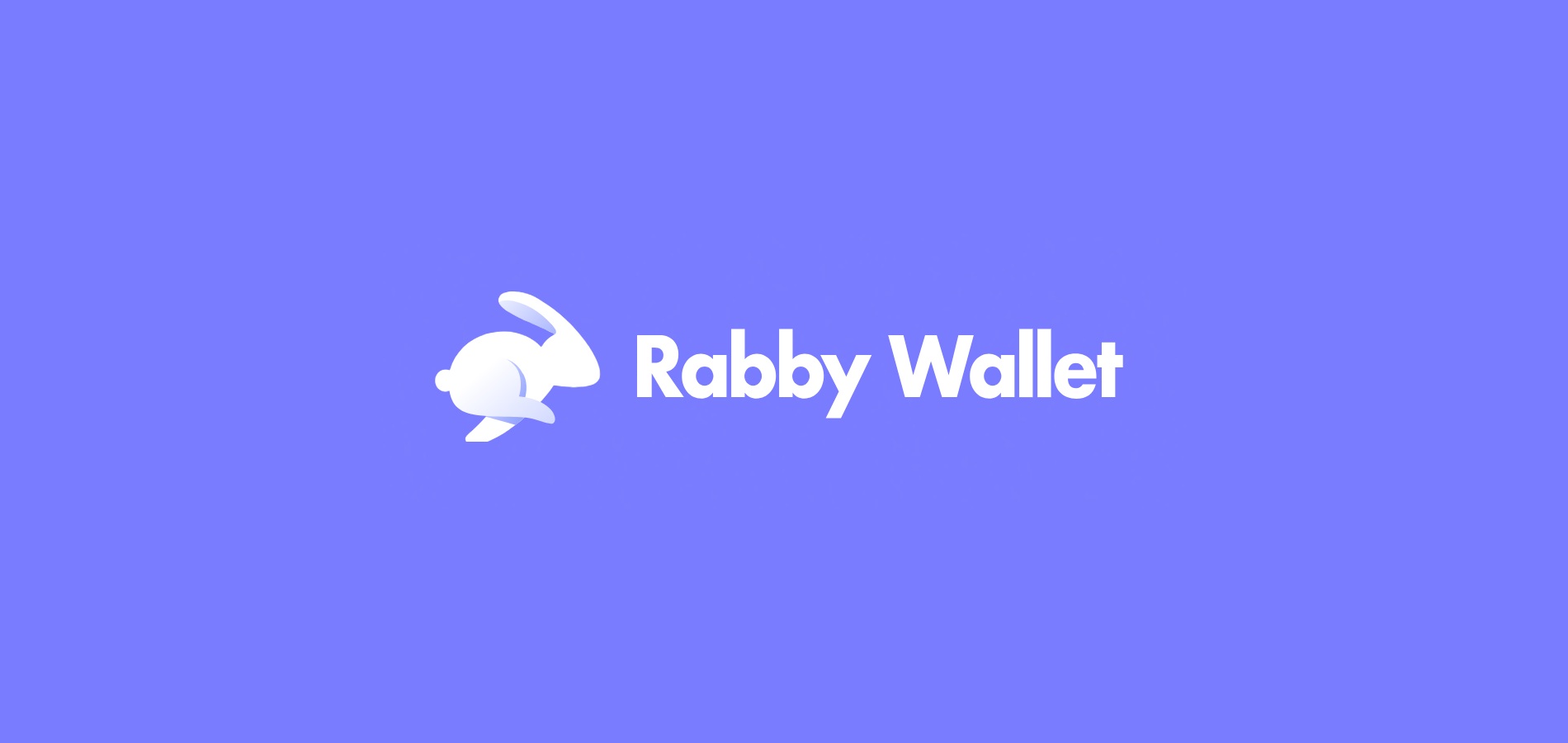Liquidity mining—it sounds like some treasure hunt, right? Well, kinda. You throw your crypto into a pool, hoping to rake in rewards. Simple enough, or so it seems. But oh man, the deeper you dig, the more you realize it’s a tangled web of risks and rewards. I was poking around some new DeFi projects recently and, honestly, something felt off about the way wallets were handling security audits in this space.
Here’s the thing. You can’t just trust any wallet to keep your assets safe—especially when you’re mining liquidity across chains. Your first impression might be, “Eh, a wallet’s a wallet.” But once you start juggling multiple tokens, networks, and smart contracts, your gut screams, “Slow down!”
Seriously, it’s like juggling flaming chainsaws while riding a unicycle on a tightrope. Okay, maybe not that dramatic, but close enough. The protocols promise big returns, yet the security side? Often a murky afterthought.
So why the obsession with wallet security audits in DeFi? Well, because without them, you’re basically handing over your keys to a stranger and hoping for the best. And trust me, that’s a gamble nobody should take lightly.
Wow! Did you know that a single vulnerability in your wallet or the protocol’s smart contract can drain your entire position? Yeah, it’s that brutal.
Now, I’m biased, but I’ve been using the rabby extension for a while. It’s a browser extension wallet designed for multi-chain DeFi users like us, and it actually gets the security part right. The interface is clean, but more importantly, it’s built with audits and user safety in mind—something I’ve rarely seen elsewhere.
But here’s where things get tricky: liquidity mining itself is a double-edged sword. You provide assets to a protocol, expecting rewards, but those same assets are exposed to impermanent loss, smart contract bugs, and phishing attacks. It’s a constant tightrope walk.
Initially, I thought if you just pick big-name protocols, you’re golden. But then I realized even those can have major slip-ups, especially when they rush to launch new features. The rush for yield sometimes trumps caution—leading to exploits that wipe out millions overnight.
On one hand, DeFi’s open nature is what makes it exciting. You have control, no gatekeepers. Though actually, that freedom means you’re also your own security officer. If you don’t vet the wallets and contracts you use, you’re vulnerable.
Check this out—

Okay, back to wallets. Here’s what bugs me about many browser extensions: they either feel clunky or prioritize flashy features over security audits. That’s why a tool like the rabby extension stands out. It integrates real-time contract warnings and transaction simulations that help users avoid costly mistakes without needing a PhD in smart contracts.
But I’ll be honest, no system is bulletproof. You still need to be vigilant. Phishing attacks are more sophisticated than ever, and sometimes, even a solid wallet can only do so much if users aren’t careful. It’s like having a top-notch alarm system but leaving your front door wide open. Hmm…
Also, the multi-chain aspect adds another layer of complexity. Managing assets across Ethereum, Binance Smart Chain, Polygon, and others means you have to trust a wallet that can handle all those protocols seamlessly—and securely. That’s not an easy feat, and not every extension keeps up.
Something else I noticed—liquidity mining rewards sometimes come with strings attached, like lock-up periods or hidden fees. It’s not all sunshine and rainbows. Users chasing quick yields might overlook these nuances, only to regret it later.
So here’s a question—how do you balance chasing those juicy APYs while keeping your assets locked down? My instinct says: diversify your approach. Use wallets with solid audit trails and don’t put all your eggs in one basket. And hey, that’s where the rabby extension really shines by supporting multiple chains and offering transparent transaction reviews.
Honestly, the more I dive into DeFi security, the more I realize it’s a constantly evolving game. New exploits pop up, smart contracts get patched, and wallets update their defenses. It’s exhausting but fascinating.
One last thing—liquidity mining’s appeal is undeniable. It’s like planting seeds in a crypto garden and hoping for a bumper harvest. But without a secure wallet and rigorous security audits, that garden might just be a mirage.
So yeah, if you’re serious about DeFi, don’t just chase rewards blindly. Take the time to vet your tools and strategies. A wallet that’s not just user-friendly but also security-conscious is worth its weight in gold. I’m not saying it’s easy, but with tools like the rabby extension, you’re at least giving yourself a fighting chance.
In the end, liquidity mining and wallet security feel like two sides of the same coin—one promising growth, the other demanding caution. And sometimes, that balance is what keeps you sane in this wild DeFi landscape.